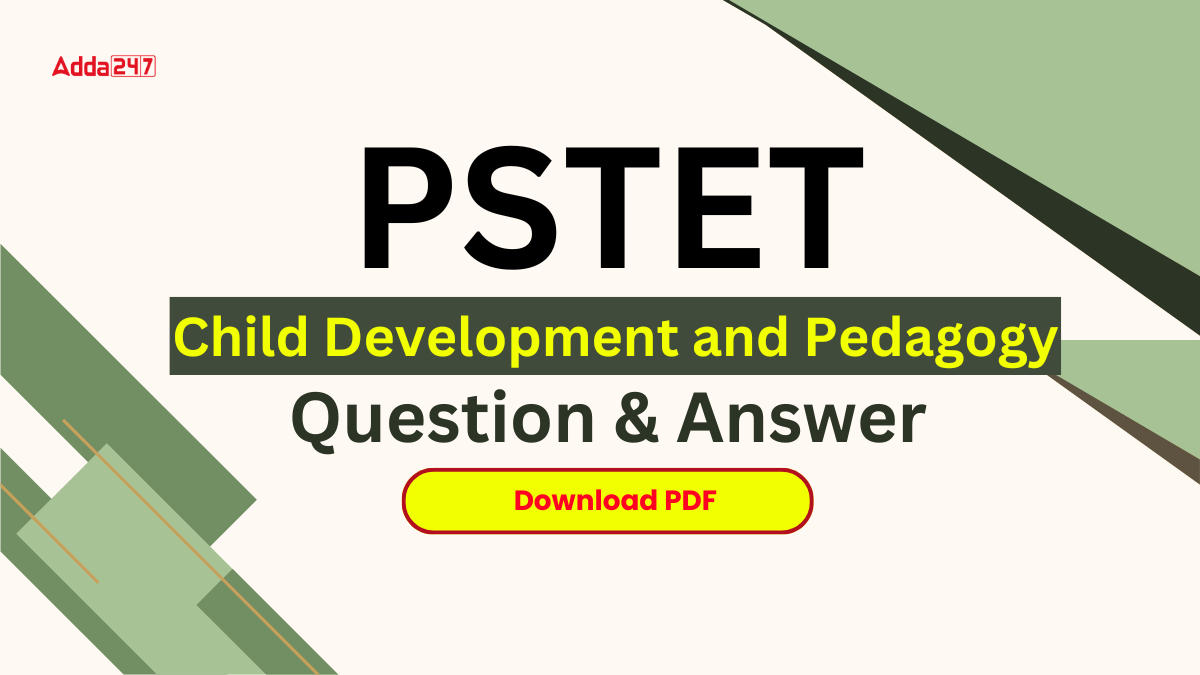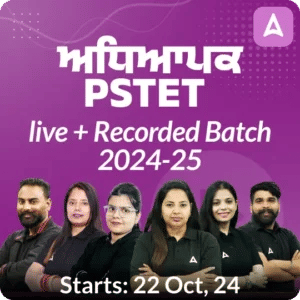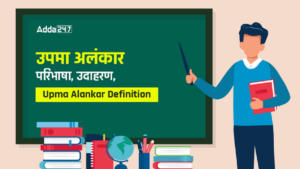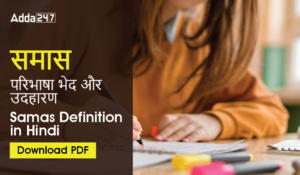Table of Contents
The Punjab School Education Board (PSEB) has released the official notification for the recruitment of Primary Teachers (I to V Classes) and Upper Primary Teachers (VI to VIII Classes). The syllabus consists of 5 sections, each section a subject. However, the exam is divided to be held in 2 parts: Paper I and Paper II. Each paper has these 5 subjects with 2 distinct levels of difficulty for Primary and Upper Primary classes. One of those subjects in Paper II is CDP, about which candidates must be well-known. We are providing the candidates with some Important PSTET CDP question and answers along with their explanations.
PSTET CDP Question & Answer
Child Development and Pedagogy (CDP) is a critical section in the PSTET 2024 exam, playing a significant role in evaluating a candidate’s understanding of educational psychology, learning processes, and teaching methodologies. To prepare effectively, candidates should focus on topics like stages of child development, theories of learning (Piaget, Vygotsky, Kohlberg, etc.), inclusive education, classroom management, and assessment strategies.
Regular practice with previous years’ question papers and mock tests can help in familiarizing with the exam pattern and improving time management. A clear understanding of concepts and their practical application in teaching scenarios is essential for success in the CDP section. Hence to be able to prepare in a better manner, we are providing PSTET CDP Question & Answers with explanations.
PSTET CDP Question: Overview
The Punjab State Teacher Eligibility Test (PSTET) 2024, conducted by the Punjab School Education Board (PSEB), is a state-level exam held annually in an offline pen-and-paper format. The exam, lasting two and a half hours, consists of 150 multiple-choice questions worth a total of 150 marks. Of these, 30 questions, accounting for 30 marks, are from the Child Development and Pedagogy (CDP) section. The test is bilingual, offered in both English and Hindi. PSTET 2024 aims to assess the eligibility of candidates aspiring to teach in Primary (Classes I to V) and Upper Primary (Classes VI to VIII) levels in government schools across Punjab.
| PSTET Exam 2024 | |
Exam Details
|
Exam Pattern
|
Exam Syllabus(CDP)
|
|
PSTET CDP Paper II Questions
Q1. Which of the following principle suggests that different body parts develop at different rates at various stages of development?
(a) Development is unidimensional.
(b) Development is unidirectional.
(c) Development is a discontinuous process.
(d) Direction of development is proximodistal and cephalocaudal
Q2. Which of the following statements is correct?
(a) Children’s development takes place in a socio-cultural context.
(b) Childhood is a period that can be divided into 10 distinct stages.
(c) Children’s thinking is not influenced by social interactions.
(d) Children’s development is solely determined by genetics.
Q3. The process of predetermined unfolding of genetic dispositions is called –
(a) adaptation.
(b) learning.
(c) socialization.
(d) maturation.
Q4. ____________ is a primary and ___________ is a secondary agent of socialization.
(a) family, school
(b) media, family
(c) school, media
(d) media, neighbourhood
Q5. According to Lawrence Kohlberg, what is the primary basis for 7-8-year-old children’s moral decisions?
(a) Social order maintenance
(b) Social – contract maintenance
(c) Punishment and obedience
(d) Universal Ethical Principal
Q6. Seriation in Jean Piaget’s theory refers to –
(a) the ability to order objects based on one dimension, for example, ‘length’.
(b) the ability to take the perspective of others.
(c) a narrative form of thinking as used in storytelling.
(d) the ability to spatially map places, like one’s school.
Q7. Naseema, a 5-year-old is certain that rolling out a ball of clay into a snake creates more clay. According to Jean Piaget, what is the reasoning behind her thinking?
(a) Animistic thinking
(b) Centration
(c) Hypothetic – deductive reasoning
(d) Transitive Inference
Q8. Len Vygotsky offered a theory of cognitive development along the principles of —
(a) social constructivism.
(b) behaviourism.
(c) psychoanalysis.
(d) universalism.
Q9. Which of the following is the term used by Len Vygotsky to describe a child’s act of speaking to herself?
(a) Private speech
(b) Talk aloud
(c) Scaffolding
(d) Ego-centricism
Q10. Which of the following characterizes a progressive classroom?
(a) Focus on drill and practice
(b) Ability-based fixed segregation
(c) Collaborative Learning
(d) Use of rewards and punishment
Q11. A child has the ability to understand the intentions and desires of others. The child has:
(a) Spatial intelligence
(b) Interpersonal intelligence
(c) Intrapersonal intelligence
(d) Naturalistic intelligence
Q12. Which of the following statements is proposed in National Education Policy 2020?
(a) Being educated in one’s mother tongue is detrimental to educational and technological advancements.
(b) Schools should encourage children to learn and speak English as their first language.
(c) Multilingualism has great cognitive benefits for young students.
(d) The bilingual approach confuses students and hampers learning.
Q13. Gender roles are —
(a) learned behaviour.
(b) inmate behaviour.
(c) biological constructions.
(d) genetically determined.
Q14. The primary goal of continuous and comprehensive evaluation is –
(a) to compare students’ performance with one author.
(b) to assess children’s understanding and modify the curriculum and pedagogy for students.
(c) to assign ranks to students as per their performance.
(d) to declare students as ‘pass’ or ‘fail’ in particular subjects.
Q15. Before deciding on an assessment method for her class, what should the teacher keep in mind?
(i) Who is going to use the results beside me?
(ii) What is the best way to find out the earning curves of individual students?
(iii) Which method would help me to reflect on my pedagogy?
(iv) Which method would help to label and segregate students?
(a) (i) (ii) (iii)
(b) (i) (iv)
(c) (ii) (iii) (iv)
(d) (i) (ii)
PSTET CDP Paper II Answers
S1.Ans (d)
S2.Ans (a)
S3.Ans (d)
S4.Ans (a)
S5.Ans (c)
S6.Ans (a)
S7.Ans (b)
S8.Ans (a)
S9.Ans (a)
S10.Ans (c)
S11.Ans (b)
S12.Ans (c)
S13.Ans (a)
S14.Ans (b)
S15.Ans (a)
Download the PSTET CDP Paper II Questions & Answers PDF
Click the direct link to download the detailed PSTET CDP Question and Answer PDF. This essential resource contains 30 PSTET CDP questions and answers for Paper I and Paper II, covering both content and pedagogy, to help candidates strengthen their preparation.
| Download PSTET CDP Questions and Answers PDF | ||
| PDF File Name | In English | In Hindi |
| PSTET Paper I CDP Questions and Answers PDF | Click Here to Download | Click Here to Download (Updated Soon) |
| PSTET Paper II CDP Questions and Answers PDF | Click Here to Download | Click Here to Download (Updated Soon) |
| PSTET 2024 Important Links | |
| PSTET 2024 | PSTET Syllabus 2024 |
| PSTET Previous year Question Papers | PSTET Exam Date 2024 |
| PSTET Eligibility Criteria 2024 | PSTET Preparation Tips 2024 |
| PSTET Admit Card 2024 | |




 समुद्र का पर्य�...
समुद्र का पर्य�...
 उपमा अलंकार: पर�...
उपमा अलंकार: पर�...
 समास परिभाषा, भ�...
समास परिभाषा, भ�...














